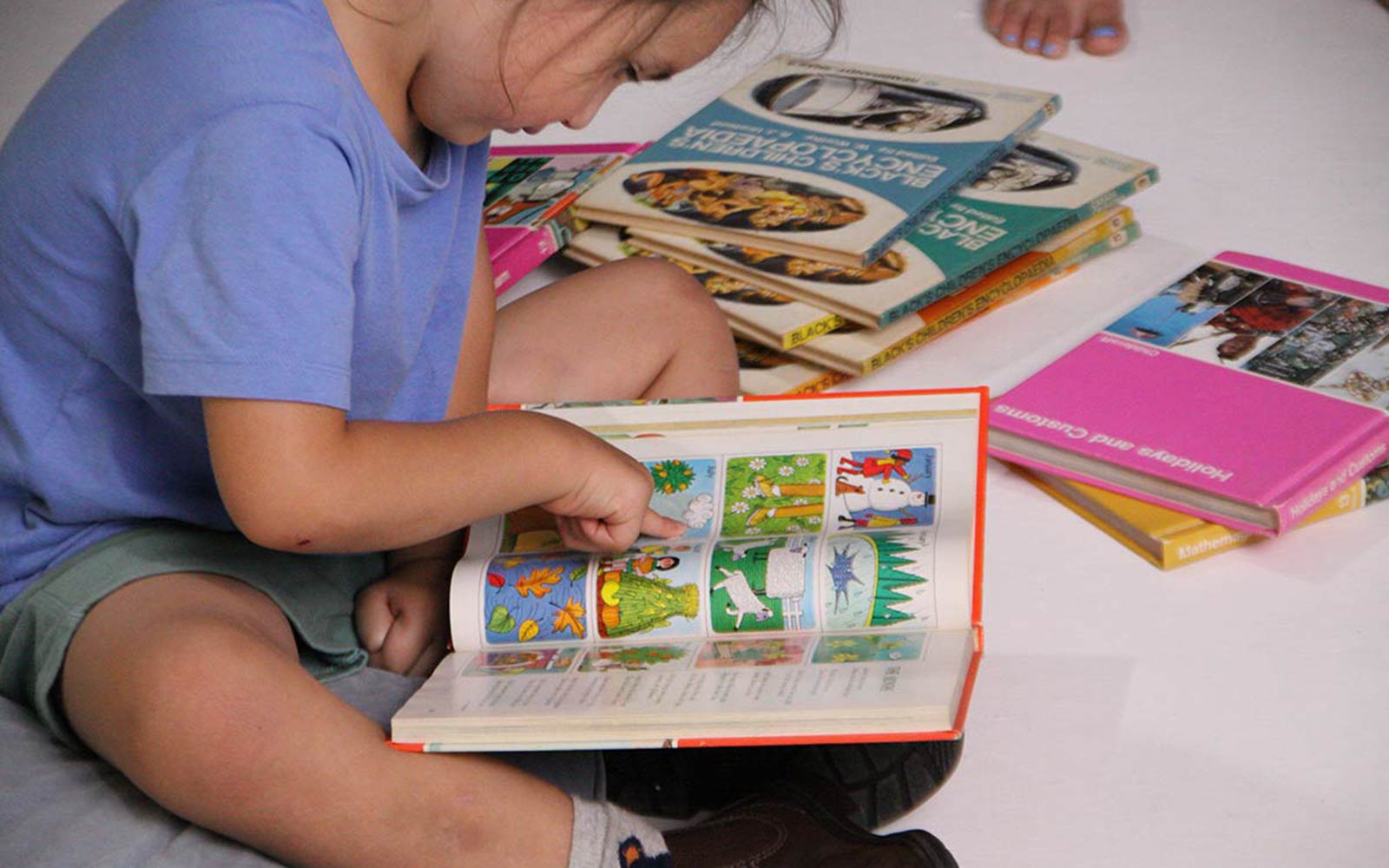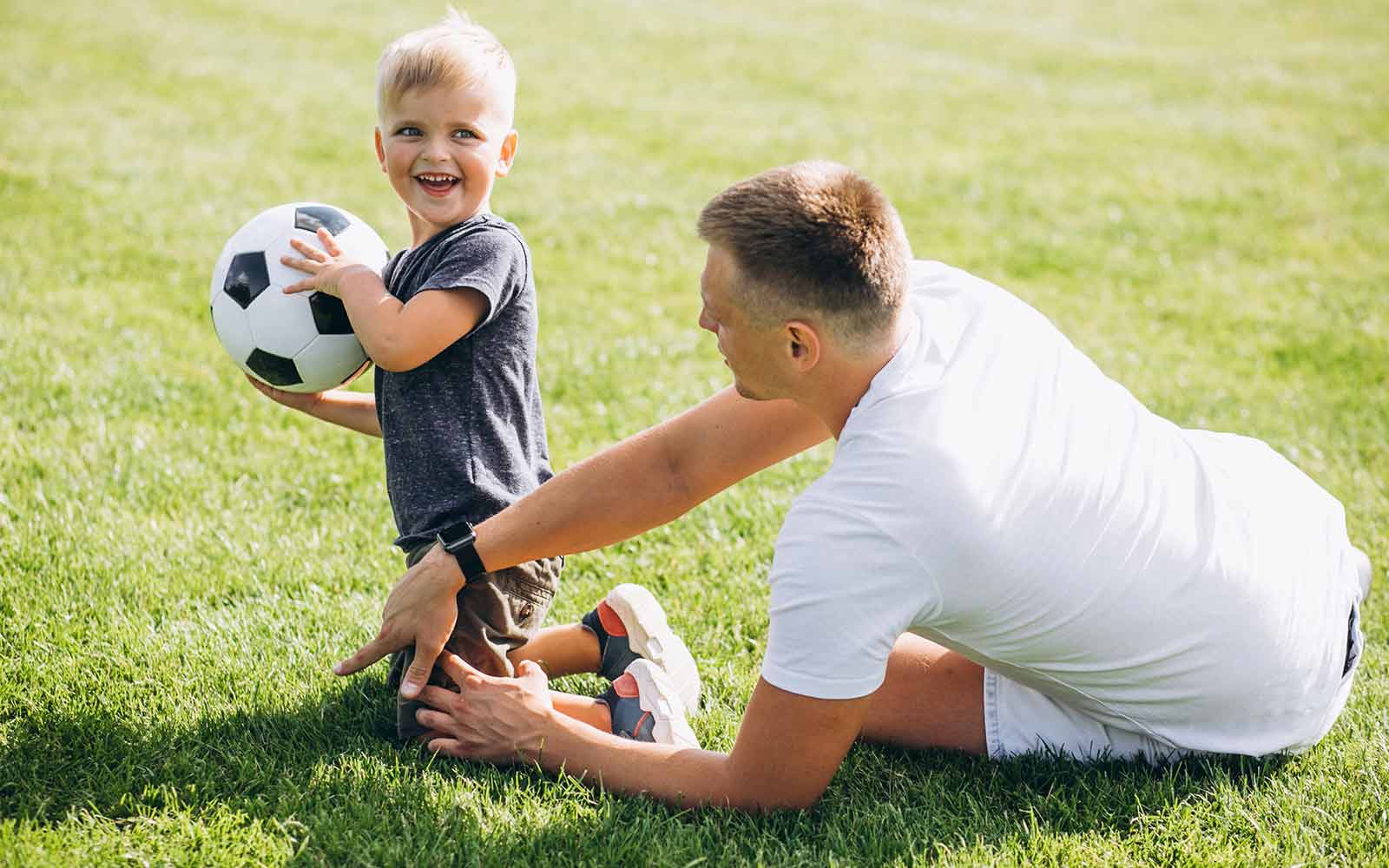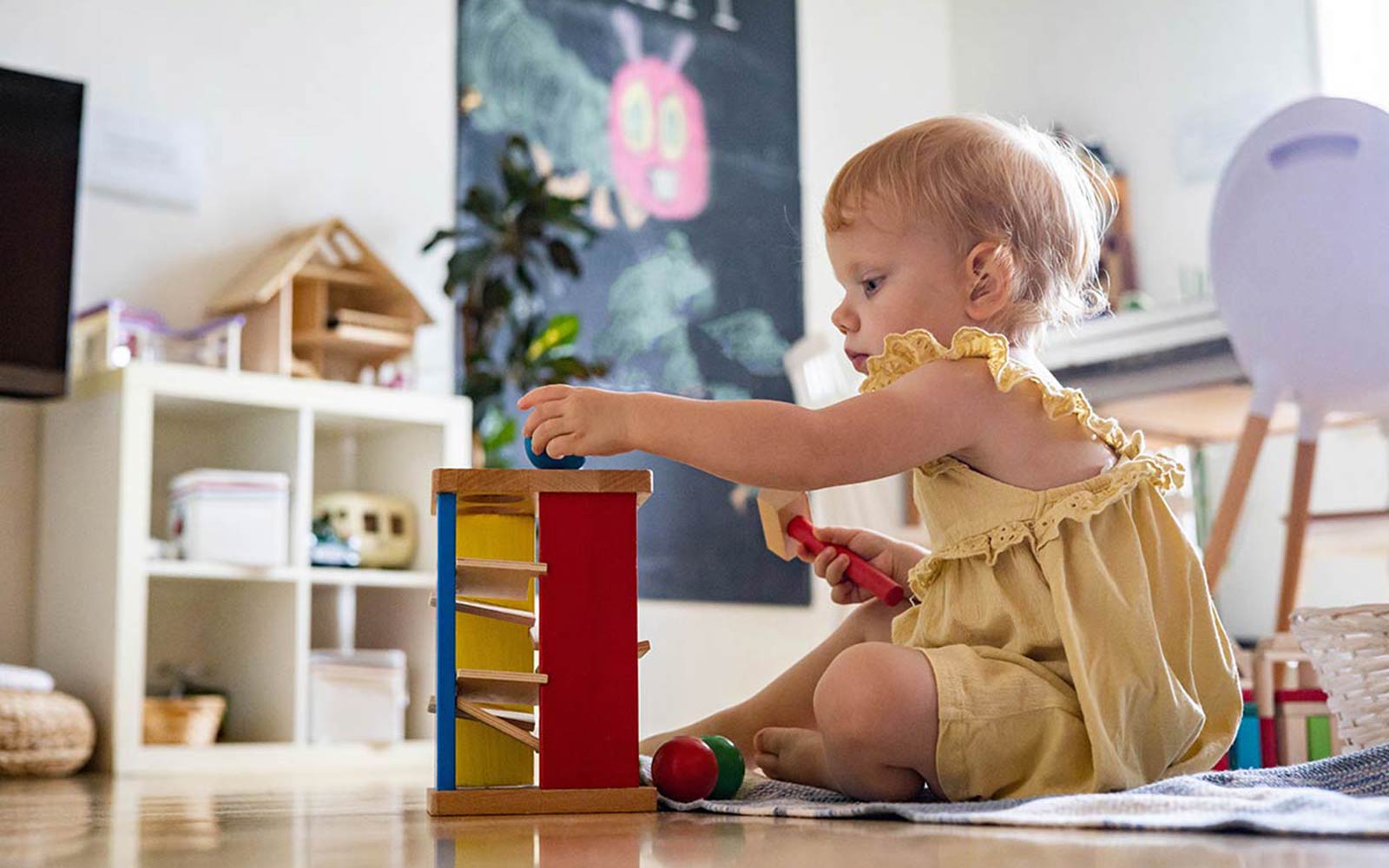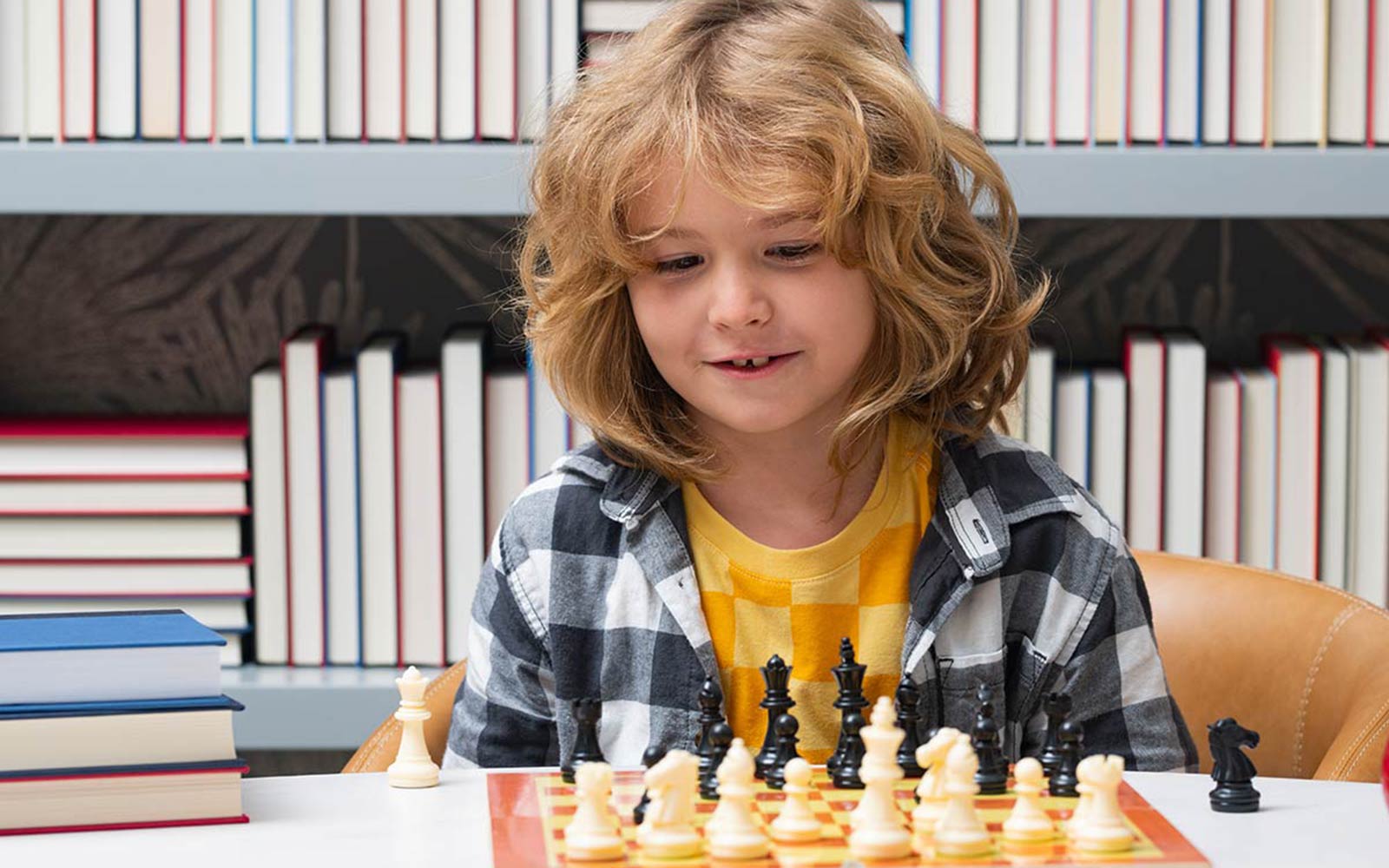Three Things to Know About Concentration in Little Ones
Explore the intricacies of children's concentration, its developmental timeline, and effective methods to foster it. Learn about the role of nutrition, particularly Omega-3, in supporting your child's cognitive growth and focus.

As parents, we can understand and appreciate the value of concentration when it comes to our own day-to-day lives. Many of us can't stomach the idea of sending an email, let alone attending a meeting or truly trying to engage our brain, before our precious morning coffee.
You might be wondering, however, just how and when do our little ones develop the ability to concentrate?
What Exactly is Concentration?
Concentration is defined by the mental effort you place and direct towards what you are learning or doing. Concentration is most often confused with attention span. Attention span is the length of time you can concentrate on something.
It’s important to remember that many things can affect a child’s ability to concentrate. For example, sleep, the ability to tune out distractions, mental health disorders, age, and where their brain is at developmentally.
An inability to concentrate can lead to stress, frustration and anxiety, which can then make concentrating even more difficult.
How Long Should my Child be Able to Concentrate?
A common rule of thumb is it’s reasonable to expect a child to be able to maintain attention for two to three minutes per year of their age. That's the period of time for which a typical child can focus on a given task.
Don’t judge your child’s ability to concentrate based on their ability to play games on an iPad or play by themselves. Why? Because online games have inherent rewards that motivate sustained attention.
Your child drawing for 15 minutes is very different to your child playing in their room with many different toys, leaving a trail of discarded toys behind them.
Attention is measured on the quality of concentration. For example, if your child can concentrate and then sustain their attention on that one task for the appropriate attention span in minutes.
How do I Help my Child Develop Their Concentration?
The ability to control attention is called ‘attention control’. Attention control is theorised to involve two separate brain systems.
The human body has systems responsible for increasing and maintaining focus on relevant information, as well as a second set responsible for suppressing urges to attend to irrelevant information (i.e., looking elsewhere, doing something else, changing the topic or thinking about something else).
These two systems improve gradually from childhood to young adulthood. We’re not born with these systems working cohesively together and must practice to grow these brain connections in order to use them well.
It’s important to remember that all children struggle with attention and concentration and distractions at times. If you notice your child has lost focus, help them to think of ways they were able to re-focus during the task after they lost focus.
Be sure to also read 12 Simple Ways to Super-Charge Your Child's Brain Development.
Omega-3 Supplements for Kids
Ensuring kids consume a diet high in healthy, wholesome foods that are rich in protein, vitamins, minerals, and healthy fats including omega-3 fatty acids are important to support brain development.
The human body can’t produce omega-3s, so it’s important that we are getting it from our diet, as these are vital for healthy brain function.
If your child is not getting enough from their diet, a high DHA Omega-3 Fish Oil supplement is an easy way to make sure they are getting enough Omega-3.
How Much Omega-3 for Kids?
The recommended intake of omega-3 fatty acids according to NHMRC for children are:
-
Children aged 1-3 years are recommended 0.5 grams per day
-
Children aged 4-8 years are recommended 0.8 grams per day
-
Girls aged 9-13 years are recommended 0.8 grams per day
-
Boys aged 9-13 years are recommended 1.0 grams per day
-
Girls aged 14-18 years are recommended 0.8 grams per day
-
Boys aged 14-18 years are recommended 1.2 grams per day
Supplementing for Kids
If you are concerned as to whether your child’s diet is in line with nutritional guidelines, you might be considering supplement these important nutrients. It’s important to provide children with a healthy, balanced diet in order to support their nutritional needs. However, kids’ vitamin, mineral and other nutritional supplements can be a good idea in order to top up nutrient levels and fill any dietary gaps.
A kids’ fish oil supplement is a reliable way to boost your child’s omega-3 intake while supporting a healthy, balanced diet.
More Tips to Support Your Little One’s Concentration
Responsiveness
Between one to two years of age, brain connections are being formed as children begin to look at pictures or recognise book covers during story time. During story time at this age, make sure to narrate their actions: “You’re picking up the book”, “Yes – you are pointing to the dog”.
Being responsive during reading time will help them form these really important brain connections.
Engage the Senses
You will notice that little ones will want to play during story time, or fiddle with something while you read. This is a good thing because movement gets the brain working!
So, get involved and make story time a fun, multisensory experience – play some music, find a book with some 3D or textured elements and don’t be afraid to get the toys involved.
Exercise!
Incorporate exercise into their daily routine. It has been proven that daily physical exercise can improve concentration within 4 weeks.
The best thing we can be doing as parents is to meet our children where they are at. We need to make reading and other learning activities fun, without turning them into a stressful chore, especially as they grow and start school.
Cultivating Concentration: Key Takeaways
When our little ones feel bonded and stress-free, that is when they are feeling ready to learn and grow. Ensure that your child is eating a nutrient-rich diet, particularly with omega-3 fatty acids that play a pivotal role in cognitive development.
Nurturing your child's concentration requires understanding their unique developmental journey. To learn more their journey, be sure to read The Meaning Behind the Milestones: What's Going on With Your Child's Brain.
Equally important are implementing effective strategies such as being responsive, engaging their senses, and integrating regular exercise. For even more things you can do to boost your child's brain development, read 12 Simple Ways to Super-Charge Your Child's Brain Development.







